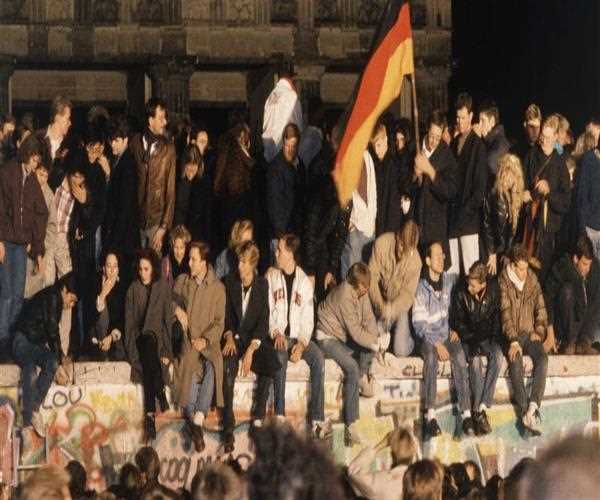The fall of the Berlin Wall on November 9, 1989, was a watershed moment in history. It marked the end of the Cold War and the reunification of Germany. The fall of the wall also had a profound impact on the rest of Europe, and it continues to shape the world today.
Here are some of the most significant impacts of the fall of the Berlin Wall:
- The end of the Cold War: The Berlin Wall was a symbol of the Cold War, and its fall marked the end of this period of global tension. The collapse of the Soviet Union followed soon after, and the world entered a new era of peace and cooperation.
- The reunification of Germany: The fall of the Berlin Wall led to the reunification of Germany, which had been divided since the end of World War II. This was a major event in European history, and it had a profound impact on the political and economic landscape of the continent.

- The spread of democracy: The fall of the Berlin Wall inspired other countries in Eastern Europe to demand democracy and freedom. This led to a wave of democratic revolutions across the region, and it helped to spread the values of democracy and human rights around the world.
- The end of the Iron Curtain: The Berlin Wall was a physical manifestation of the Iron Curtain, which was the political and ideological divide between the West and the East during the Cold War. The fall of the wall marked the end of this divide, and it opened up new possibilities for cooperation and communication between the two sides.
- The acceleration of European integration: The fall of the Berlin Wall led to a renewed sense of optimism about the future of Europe. This led to a number of initiatives to promote European integration, including the Maastricht Treaty, which created the European Union.
The fall of the Berlin Wall was a momentous event that had a profound impact on the world. It marked the end of an era, and it ushered in a new era of peace, cooperation, and democracy. The legacy of the fall of the Berlin Wall continues to shape the world today.
In addition to these major impacts, the fall of the Berlin Wall also had a number of other effects, including:
- The increased flow of people and goods: The fall of the wall made it possible for people to travel freely between East and West Germany. This led to an increased flow of people and goods, which had a positive impact on the economies of both countries.
- The spread of new ideas: The fall of the wall also led to the spread of new ideas and cultures. This helped to create a more open and tolerant society in both East and West Germany.
- The end of the Cold War mentality: The fall of the wall also helped to end the Cold War mentality that had prevailed in Europe for decades. This made it possible for countries to cooperate more effectively on a range of issues, including trade, security, and the environment.
The fall of the Berlin Wall was a watershed moment in history that had a profound impact on the world. It is still studied and debated by historians today, and its legacy continues to be felt around the globe.